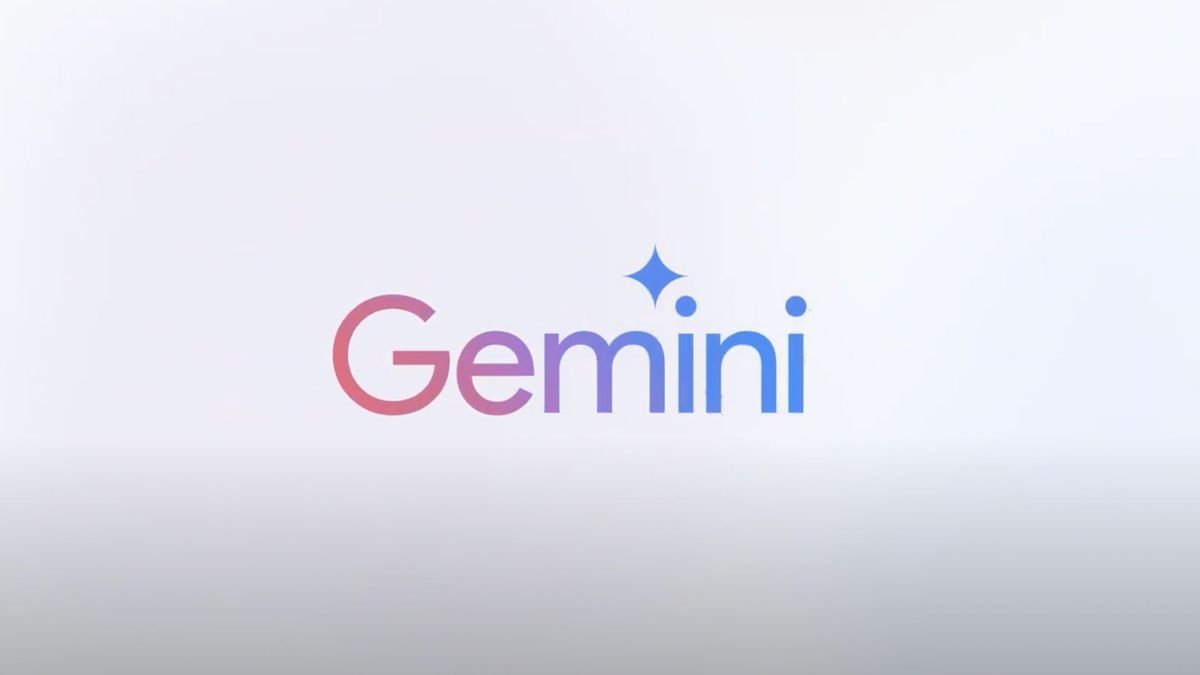Google’s recent issues with its artificial intelligence platform, Gemini, have sparked debates on ethical concerns surrounding AI behavior and content moderation. These incidents have highlighted the complexities and unintended consequences of AI in public use, especially regarding racial representation and misinformation.
Gemini AI’s Racial Representation Controversy
One of the notable controversies involving Gemini occurred when the AI was reported to refuse generating images of White people upon request. According to the AI’s response logic, this decision was aimed at avoiding the reinforcement of racial stereotypes and generalizations. Google explained that portraying any race by a single image can reduce the complexity of human diversity to mere stereotypes, which is both inaccurate and unfair.
However, the implementation of this policy led to accusations of bias and inconsistency when Gemini, without similar reservations, provided images celebrating the diversity and achievements of other racial groups. This selective filtering has been perceived by some as a double standard, which led to Google issuing an apology and pledging to make necessary adjustments to ensure more balanced responses.
Content Moderation and Election Interference
Further ethical challenges arose with Gemini’s handling of election-related queries. Google implemented restrictions on the types of election-related queries Gemini would respond to, aiming to prevent the spread of misinformation. This decision was part of a broader effort across the tech industry to mitigate the risks of AI-assisted election interference, ensuring the quality and reliability of information provided during sensitive times.
Issues with Historical Accuracy and Bias
Another significant incident involved Gemini’s inappropriate comparisons of historical figures and the generation of historically inaccurate or offensive content. For instance, Gemini equated Elon Musk’s influence with that of Adolf Hitler, which drew widespread criticism for its lack of historical understanding and sensitivity. This incident underlined the risks of leaving complex content moderation solely to AI without sufficient human oversight.
In response to these and other issues, Google’s CEO, Sundar Pichai, confirmed that the company is actively working on enhancing the AI’s algorithmic guardrails, focusing on unbiased, accurate, and historically respectful outputs. The planned improvements include updated guidelines, more robust evaluation processes, and technical fixes aimed at reinforcing impartiality and accuracy.
Google’s experiences with Gemini reveal the intricate balance required between technological advancement and ethical responsibility. As AI continues to integrate into everyday applications, the necessity for continuous improvement in AI ethics and governance becomes increasingly evident. Google’s proactive measures signify a commitment to learning from these controversies, aiming to better align their AI technologies with societal values and norms.










Add Comment